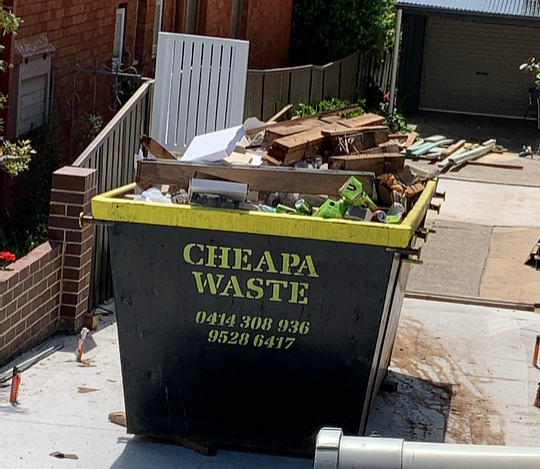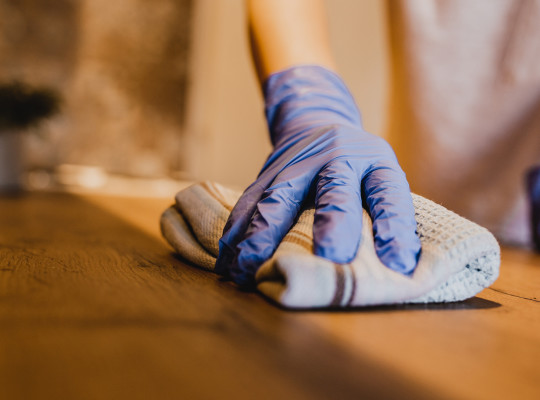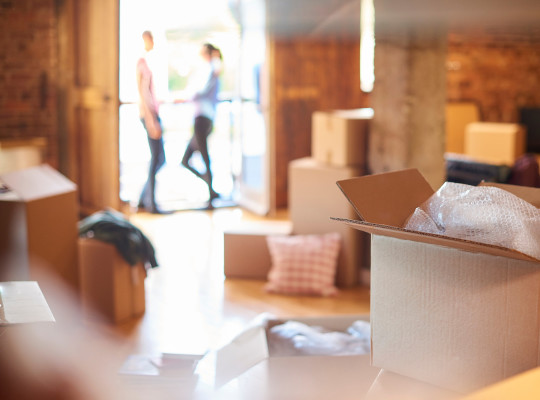Dealing with the aftermath of a loved one’s passing can be a difficult and emotional experience. It’s important to take the time to grieve, but it’s also important to take action in cleaning up their estate. The process of cleaning up a deceased estate can be challenging and overwhelming, but with careful planning and organisation, it can be made more manageable.
The process of cleaning up the estate involves sorting through and disposing of personal belongings, furniture, and other items left behind by the deceased. In this article, we will provide you with a step-by-step guide on how to clean up a deceased estate.
1. Obtain Legal Authority
Before starting the cleanup process, it’s important to obtain legal authority to act on behalf of the estate. In most cases, this involves obtaining a grant of probate or letters of administration from the court. This will give you the legal authority to manage the estate’s assets, including its personal belongings.
If you’re unsure of how to go about obtaining legal authority, it’s recommended to seek the advice of a legal professional or contact the NSW Trustee & Guardian.
You can read more about what’s involved in managing the estate administration on the Service NSW website.
2. Determine What to Do With Deceased Estate Belongings
Once you have legal authority, the next step is to determine what items to keep and what to dispose of.
This can be a challenging task, as many items may have sentimental value, but it’s important to be practical and realistic about what you can keep and what you can’t.
Make a List
To make the process easier, you can create a list of items and divide them into categories such as keep, donate, sell, and dispose of. Items that are still in good condition can be donated or sold, while items that are no longer usable can be disposed of.
Be sure to set aside items that may have been listed in the will to ensure they can be passed on to the new owners.
Put Items In Boxes
A simple way to organise your belongings is to store them in boxes and label them accordingly. This will make it easier for you to find specific items when you need them. You could also sort your possessions by family member or category, depending on your requirements.
Donate or Sell Unwanted Items
Consider donating or selling items that you no longer need but are still in good condition. One option is to donate them to a local charity shop. Alternatively, you can try selling them online, organising a garage sale, or selling them at a local market if you have the time.
3. Dispose of Hazardous Materials Safely
If the deceased possessed any hazardous materials like chemicals or batteries, it is essential to dispose of them securely. You may contact your local council or waste management facility to learn about the correct procedures for disposing of hazardous materials.
For those residing in the Sutherland Shire, the local council schedules regular chemical clear-out days every year. By checking the council’s website, you can ascertain the date of the next event and dispose of any hazardous materials you may have in a secure manner.
4. Hire a Skip Bin
Hiring a skip bin can prove to be extremely beneficial when it comes to the clean-up process of a deceased estate. The passing away of a loved one can be an emotionally challenging experience, and the thought of dealing with the leftover possessions can be overwhelming. This is where a skip bin can come to your aid.

Not only does it allow you to get rid of old, unwanted items such as furniture, but it also provides an efficient and affordable solution to dispose of the waste quickly. The convenience of having a skip bin placed on your property means that you can easily dispose of items that you no longer need, without the hassle of transportation.
Additionally, hiring a skip bin can also have environmental benefits. Materials such as metals, plastic, and cardboard can be recovered at the waste management plant and sent for recycling. This not only helps in reducing the amount of waste sent to landfills but also contributes towards conserving natural resources.
It’s amazing how rapidly a skip can fill up, and opting for a larger size can help save on costs instead of hiring two smaller skips. So, it’s advisable to go for a bigger skip to avoid unexpected expenses.
5. Organise the Cleaning
Cleaning a deceased estate can be a daunting task, especially if the property has been left unoccupied for an extended period of time. Once the sorting stage is complete, it’s time to move onto the cleaning stage. One option is to hire a professional cleaning service to take care of the job. This can be a good choice if you are short on time or if the property requires a deep clean ready for selling the property.

Alternatively, if you decide to do the cleaning yourself, it’s important to have a plan in place. You may want to start by dividing the cleaning into smaller tasks and assigning specific areas to different people. This can make the task more manageable and ensure that everything is cleaned thoroughly.
Cleaning Equipment
It’s also a good idea to make a list of the items you’ll need for the clean-up, such as cleaning supplies, protective clothing, and tools. Make sure to stock up on everything before you begin so that you’re not caught short.
Scheduling the Cleaning
When it comes to scheduling the cleaning, it’s important to be realistic about how much time it will take. Depending on the size of the property and the amount of cleaning required, it may take several days or even weeks to complete the task. You may want to schedule specific days or times for cleaning so that everyone involved knows when they need to be available.
Enlisting the help of family and friends can make the task less overwhelming and more enjoyable. It’s also a good opportunity to spend time together and reminisce about the memories you shared. Working together can also help to ensure that everything is cleaned to a high standard and that no areas are missed.
Summary
Cleaning up a deceased estate can be a daunting task, but by following these steps, you can make the process easier and more manageable. Hiring a skip bin can be an effective way to dispose of old, unwanted items such as furniture. Remember to take your time and seek help from family and friends if needed.

